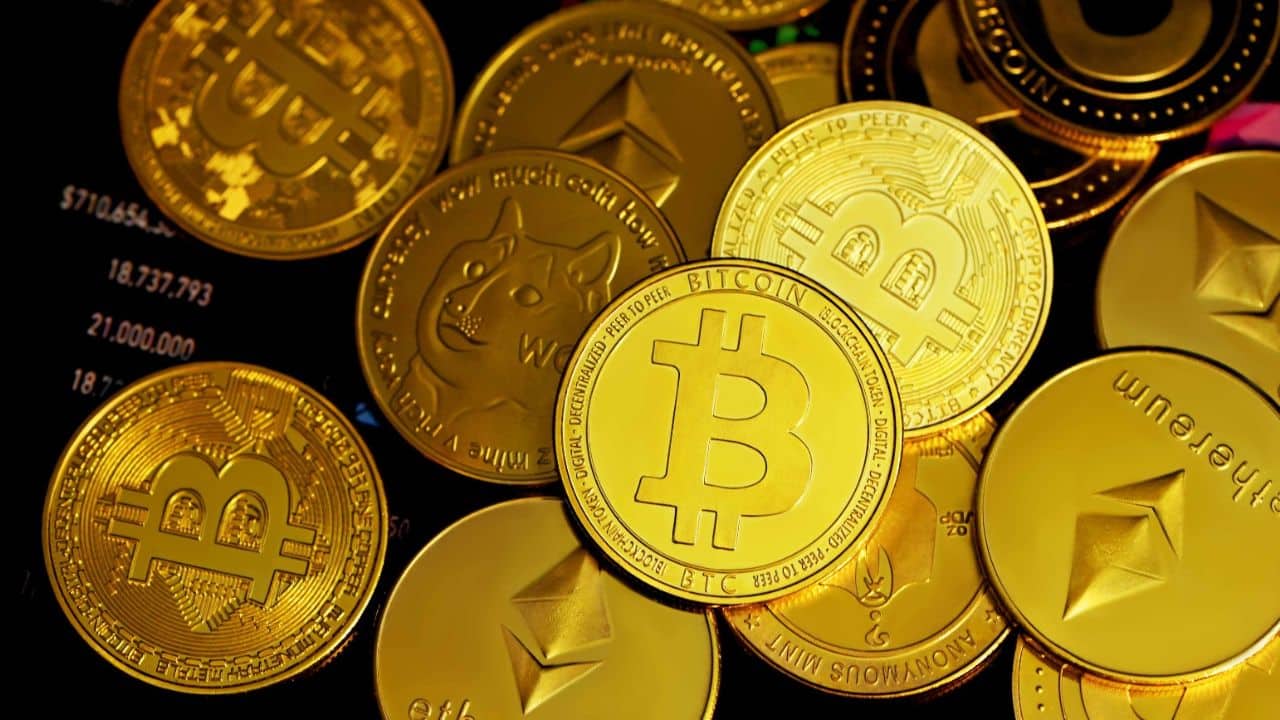The advent of blockchain technology has sparked a new consideration within the Muslim community: the potential for Shariah-compliant finances in the blockchain realm. As the popularity of blockchain continues to soar, discussions surrounding the acceptance of digital currencies as a medium of exchange under Shariah law have gained traction, highlighting the financial challenges faced by Muslims.
Despite these challenges, the Islamic finance sector has shown a growing interest in blockchain, with various organizations exploring the advantages of adopting this transformative technology. In 2020, Dubai made headlines with its announcement to incorporate blockchain into both public and private sectors. Additionally, the Haqq Blockchain introduced the first-ever Shariah-compliant cryptocurrency, Islamic Coin, in May 2023.
However, the path to blockchain-based financial services is not without obstacles. Islamic financial groups encounter numerous challenges, unique to their market, which must be addressed to ensure seamless integration of this new technology. Moreover, blockchain possesses distinctive qualities that position it as an ideal solution for Islamic finance.
Overcoming Barriers to Financial Inclusion
With approximately 1.8 billion Muslims worldwide facing limitations in accessing financial services, especially in non-Muslim majority nations, the need for Shariah-compliant platforms becomes evident. Traditional financial platforms often fail to provide Islamic financial services and products, while varying regulatory frameworks across countries create confusion and erode confidence.
Additionally, many Muslim-majority regions lack affordable financial services, including savings accounts, loan infrastructure, and insurance options. These factors further underscore the necessity for an alternative financing option tailored to the needs of Muslims.
Aligning Ethical Investments with Blockchain
Islamic finance emphasizes ethical investments, with Muslim investors seeking opportunities that align with their ethical views and principles. However, finding Shariah-compliant investment opportunities, particularly in global industries such as technology, healthcare, and renewable energy, can be arduous.
READ MORE: Xiaomi Reports Promising Q1 2023 Results and Aims for the Electric Vehicle Market
Blockchain presents a viable solution to these challenges. Its inherent transparency allows for easy alignment with Shariah principles, and its increasing integration with traditional financial institutions further enhances its credibility. Consequently, Islamic financial platforms are actively incorporating blockchain technology to facilitate complex financing terms, halal transactions, and Islamic alternatives to conventional insurance.
Innovations in Islamic Blockchain
As blockchain adoption continues to progress in the Islamic financial sphere, Shariah-compliant innovations are emerging to cater specifically to the needs of the Islamic finance market. One notable example is the introduction of Smart Sukuk, which differs from conventional Sukuk in several ways.
Sukuk markets, known as Islamic securities, hold significant value in Islamic finance. Smart Sukuk aims to bring the advantages of traditional Sukuk, including efficiency, transparency, accessibility, and cost reduction, into the digital realm. This innovation enables small and medium enterprises (SMEs), social impact projects, and other associations to issue their own Sukuk, promoting financial inclusion and accessibility.
Enhancing Financial Inclusion with Smart Contracts
The inherent security and transparency of blockchain technology also contribute to financial inclusion, particularly for migrant workers who rely on remittance services to send money to their families in their home countries. By leveraging blockchain’s secure processing method, remittance transactions become more reliable, fostering trust among all parties involved while adhering to Shariah principles.
Furthermore, smart contracts, another groundbreaking feature enabled by blockchain, revolutionize claims management for takaful (Islamic insurance) companies and their customers. Transparent, quick, and indisputable processing of claims is facilitated, with takaful policies, terms and conditions, and potential claims recorded on the blockchain for validation. This streamlined process ensures that valid claims are promptly processed while detecting and rejecting false claims. Multiple claims for a single error can be identified, preventing fraudulent activities and expediting the overall claims process.
Haqq Network: Breaking Barriers
Haqq Network stands at the forefront of Islamic blockchain platforms, introducing a wide array of Shariah-compliant financial products and services. These include the Islamic Coin token, digital wallets, NFTs, a Web3 browser, a Shariah oracle, an Evergreen DAO, a mobile app, payment card, and a stablecoin.
The primary objective of the Haqq Network is to ensure that all its products and services fully comply with Shariah principles. Simultaneously, the platform leverages state-of-the-art technology, merging traditional Islamic finance with modern advancements. By incorporating blockchain technology and the Islamic Coin ($ISLM), Haqq Network aims to provide Muslims with a platform that offers financial inclusion and adheres to ethical principles. This platform empowers Islamic communities to participate efficiently and cost-effectively in the world market, using cryptocurrencies for SME finance while avoiding interest-based transactions (riba).
While Haqq Network and Islamic Coin have paved the way for addressing these financial challenges and providing financial inclusion to a quarter of the global population, it is clear that they are just the beginning. The potential for blockchain-backed financial institutions to meet the demands of the Muslim community is vast, promising a future where Shariah-compliant finance thrives on a global scale.




